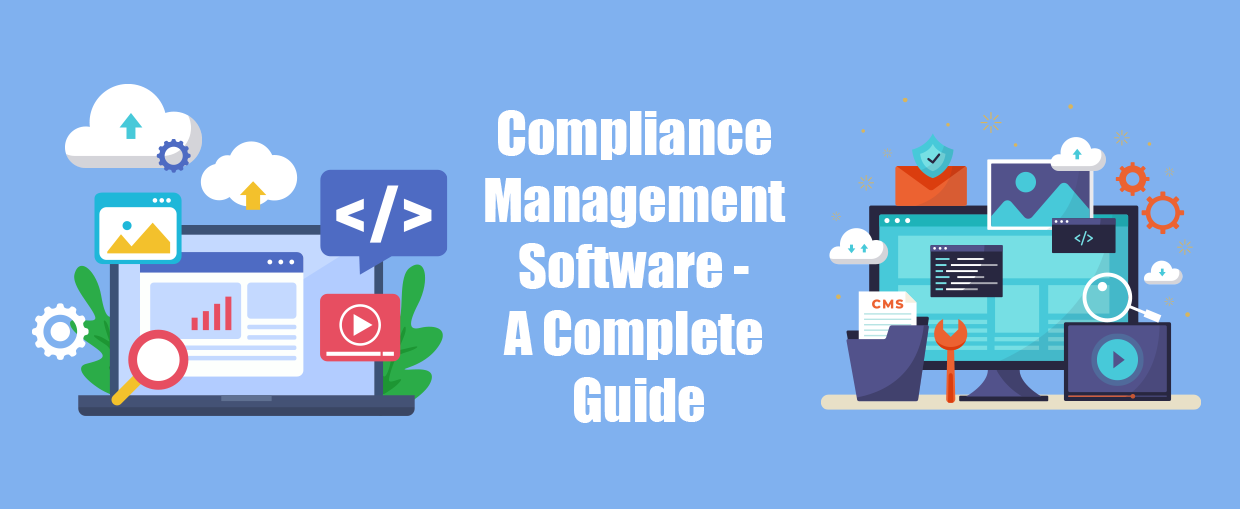Smartphone technology became a bumper with Android app development and in embracing the phone-based advancements we see today. Google’s Android operating system (OS) is what brought this revolution with its open-source nature. Android is also a versatile competitor to Apple’s iOS operating system, with a more customizable approach.
The advantages of Android OS caused a huge boom in Android development and apps became a thing among smartphone users. People had instant access to anything and everything around the world in a few taps. But how sure are you about it being a suitable choice to you?
We’ll help you out with that by covering the Android system’s pros and cons to decide whether or not to go with Android app development.
Advantages of Android OS for Android App Development
1. Open Ecosystem
Android provides a bunch of app stores, one of which being Google Play (Google’s official app store). It comes standard on nearly every smartphone and tablet for users to locate and download new applications created using Android development.
However, unlike other company’s device OS, Android permits its users to install apps from a third-party app store. Apps can be downloaded directly from a developer’s website, installed from a flash memory card, or downloaded through a third-party app store.
Of course, there are hazards to installing apps from unknown sources even though they were created using Android app development. And if you tick the option that allows you to install apps from third parties, the Android system will alert you of the risks. The essential point is that it offers you a choice.
2. UI can be Customized
Google’s dedicated efforts are what made the user interface (UI) of Android as flexible and customizable as possible for Android development. As a result, Google has loaded Android with a slew of customizable widgets. These may be used anywhere in the user interface and provide updates or shortcuts to a range of services such as email, calendar, messages, and more.
3. Free and Open Source
The Android operating system allows developers and hardware/device manufacturers to modify the core software of the operating system. This enables such companies or even Android app development experts to modify the operating system to perform in highly particular sectors.
4. Rapid Market Innovations
The Android platform has a track record of adopting new-age Android development concepts. While casual apps continue to debut on nearly every operating system at the same time, larger hardware breakthroughs almost always begin with Google.
5. ROMS can be Customized
Many third-party applications provide you sophisticated capabilities on Android. One of the finest advantages is that users may use it, change it, and install custom versions instead of the ones that arrive with your phone. It will provide you a lot of system-level adjustments for Android app development and more. You would not be able to acquire such an advantage readily on any other operating system, such as Windows or iOS.
6. Android Development is Affordable
You may simply get your software onto the Android market without having to spend large development expenses. The environments for Android app development are free, so you can save a lot of money. There are no limits as well, so you can create several apps without any difficulties.
7. Easy App Distribution
The Apple App Store is required for publishing iOS apps. You don’t need any of that with Android applications as you can simply publish them wherever you want. You’ll have no one deeply watching over you as well. Plus, there are several third-party marketplaces where you can quickly publish your app.
8. Android Devices are Affordable
Android OS is inexpensive to purchase and use for Android development. The majority of people prefer to purchase Android phones because they are affordable as well. When compared to Android phones, iOS and Windows phones are more expensive.
Advantages of Android OS Over Symbian OS
Android is open source, and there are a myriad of android apps accessible on several app stores. Android is significantly quicker making it ideal for Android app development. This is why many phone manufacturers utilize the Android operating system these days. It is primarily intended for touch-capable devices.
Why is Symbian OS becoming Out of Use?
Symbian is becoming an out-of-date operating system. The Symbian operating system was created specifically for phones having a physical keyboard. So, Android development is not possible with it, the very reason why it is being phased out.
Disadvantages of Android Operating System
1. Limited Internal Memory Storage
Although Android allows external storage capacity, the limited internal system storage makes it hard for any Android user. How? They won’t be able to download heavy apps or work online with sizable game-like apps as well. This drawback also affects Android development projects.
2. Apps/Games Automatically Closes
The primary disadvantage of the Android operating system is that huge apps are forced shut by the OS, making it extremely inconvenient for Android users. This is also one of the concerning reasons for Android app development.
3. Data Connection
Android apps spend the majority of their time working in the background, which is a major of users experiencing data connection issues. This is one of the major system issues that affect Android development processes that aim to create apps requiring an internet connection.
4. Battery Life
Just like the connection issues stated, battery drain is a huge problem with Android apps just because they spend the majority of their time working in the background. No matter how many times one tries to create a battery-efficient app with Android app development the system will still cause battery issues.
The Final Say
Of course, the Android OS isn’t perfect, yet. And it has problems that we’d want to see addressed in the future especially in Android app development. However, the platform’s versatility means that even if you do have issues in the meantime, they will be simple to resolve using expert Android development procedures.









